
Nothing quite beats the thrill of owning a classic car—the deep growl of the engine, the undeniable charm, and the heads that turn as you cruise down the road. Classic cars don’t just get you from A to B; they’re a statement, a slice of history, and sometimes, a beloved member of the family.
But if you’re new to the classic car auction scene, it can feel a bit like walking into uncharted territory. From bidding wars to identifying hidden gems (and hidden flaws), buying at a classic car auction is an art.
To help you go from rookie to savvy buyer, we’ve compiled nine essential tips. Read on, and learn how to maximize your chances of landing that perfect vintage ride without getting tripped up by the fine print or caught in a bidding frenzy.
Research the Auction House
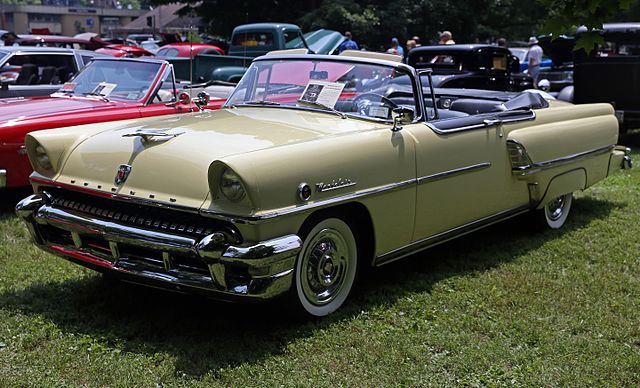
Not all auctions are created equal, and knowing the type of auction you’re walking into can make a world of difference. Some auction houses specialize in high-end, meticulously maintained vehicles, while others may cater to budget-conscious buyers with fixer-uppers on offer.
Familiarize yourself with the reputation, rules, and previous auction results of your chosen house—this will give you a clearer picture of what to expect.
Check their catalog beforehand, review photos and descriptions, and if possible, connect with past attendees. A bit of groundwork helps avoid surprises and ensures you’re stepping into the right setting for your dream car.
Set a Budget (and Stick to It!)
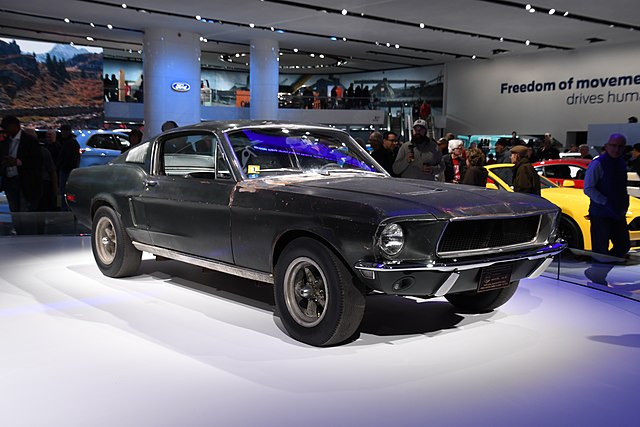
Classic car auctions are thrilling, but they’re also notorious for quickly pushing prices above your comfort zone. Decide on your budget before you even step foot in the auction hall.
Then, remind yourself of it frequently—it’s easy to get caught up in the heat of the moment, especially when a beauty of a car rolls across the block and the bids start flying.
Make sure to factor in any buyer’s fees, taxes, and potential restoration or maintenance costs. With classic cars, you’re investing in passion, but staying grounded financially ensures you’ll enjoy your purchase without regret.
Related: When Does a Car Become a True Classic? 7 Factors
Inspect the Car in Person
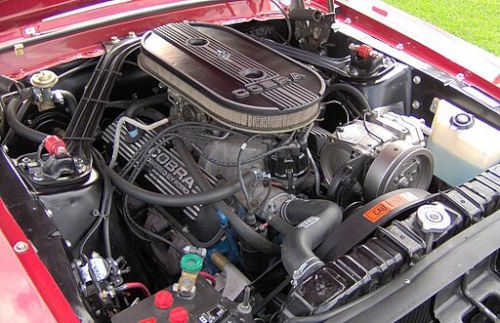
Even if you’ve scoured the online catalog and devoured every photo, nothing compares to seeing the car up close. Auction houses typically have a preview period where potential buyers can inspect the cars.
Use this opportunity to thoroughly examine any vehicle you’re interested in. Look for rust spots, uneven paint, or signs of wear on the interior that might not show up in photos.
Bring along a flashlight and, if possible, a friend who knows classic cars. Checking under the hood, peeking beneath the car, and testing out controls can reveal details you’d otherwise miss.
Know the Value of the Car
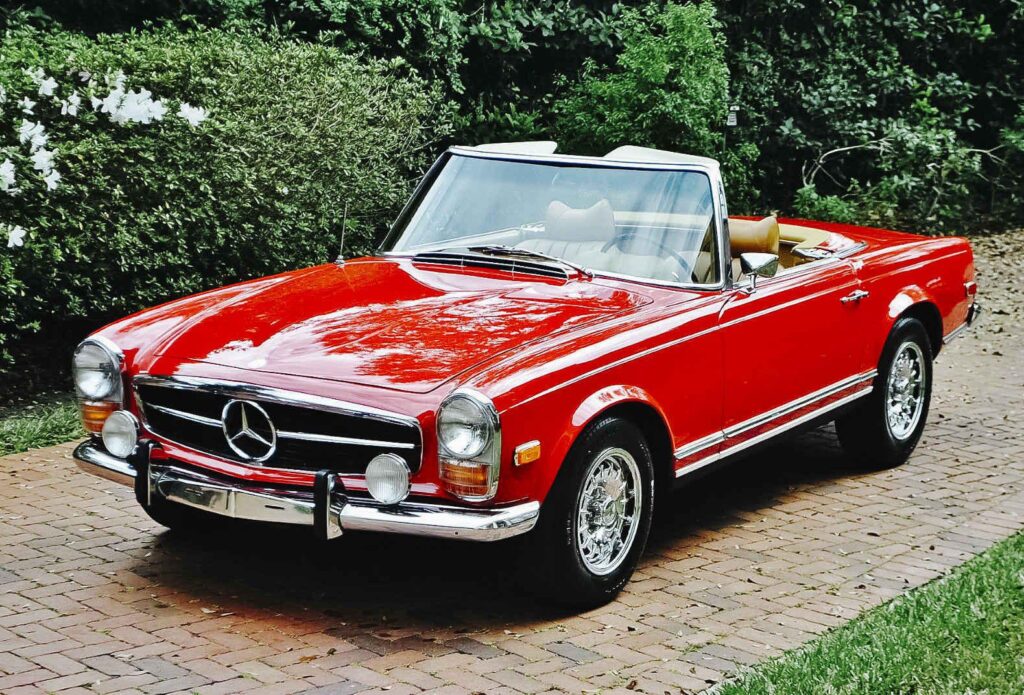
It’s easy to fall for a car that’s caught your eye, but it’s crucial to know if its auction price is justified. Research similar models and their values to get a sense of what’s fair.
Remember that rarity, condition, and mileage all play roles in the car’s value, and be cautious if the starting bid seems too low—it might indicate issues.
Get a feel for current market trends as well. Some models are skyrocketing in popularity, while others are cooling down. A little market research will help you avoid overpaying or missing a hidden treasure at a bargain price.
Related: 11 Affordable Classic Cars Perfect for Beginners
Understand the Auction Format
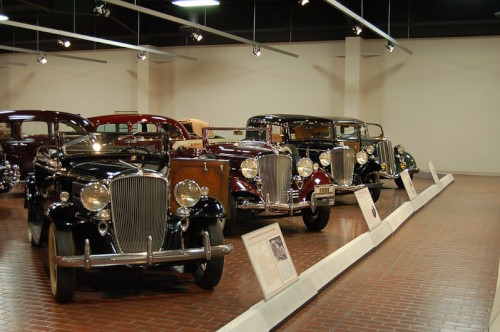
Not all auctions operate in the same way. Some use traditional gavel-to-gavel bidding, while others offer silent bidding or even online-only formats. Understanding the mechanics of the auction you’re attending can help you avoid rookie mistakes.
Each format has its quirks, and knowing how to work within those quirks keeps you ahead of the competition.
If it’s a fast-paced live auction, expect high energy, with rapid bids and little time to deliberate. For online auctions, be prepared for the unpredictability of last-second bids. Adjust your strategy accordingly and keep your focus sharp.
Consider the Total Cost of Ownership
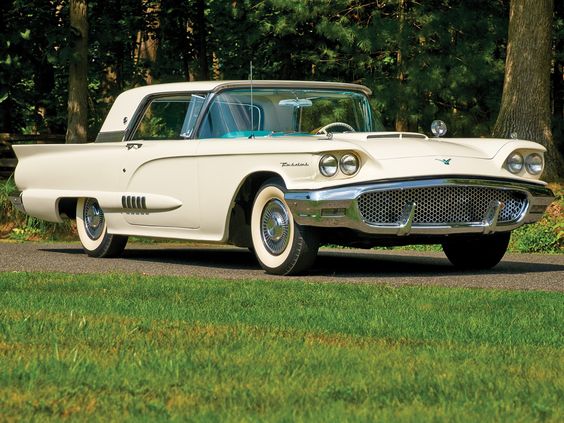
Once you buy a classic car, the expenses don’t stop. From insurance premiums tailored to vintage vehicles to the cost of spare parts and regular maintenance, owning a classic car can add up.
Make sure you’ve considered these ongoing costs, which can vary widely based on the car’s make, model, and age.
Remember, some classic cars are known for reliability, while others might be a bit more temperamental. A true enthusiast knows that the real cost of ownership includes those periodic, often nostalgic, repairs that come with the territory.
Bid with Your Head, Not Your Heart
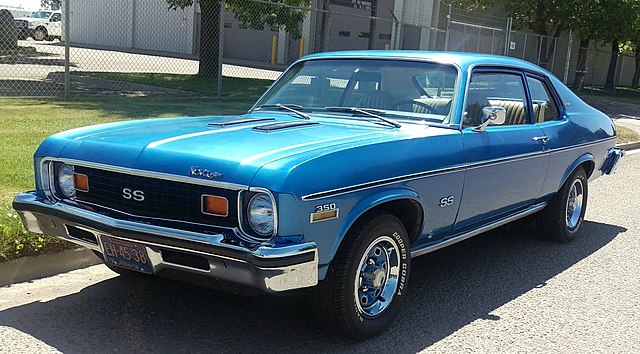
It’s all too easy to let emotions run wild when you spot a car that speaks to you. But at auctions, emotional bidding can lead to impulsive and costly decisions. Stick to your research, trust the numbers, and know when to walk away if the price drifts too high.
Think about what’s realistic rather than ideal. While it’s natural to picture yourself behind the wheel, a disciplined approach helps you make smarter choices and prevents post-auction remorse.
Look for Documentation
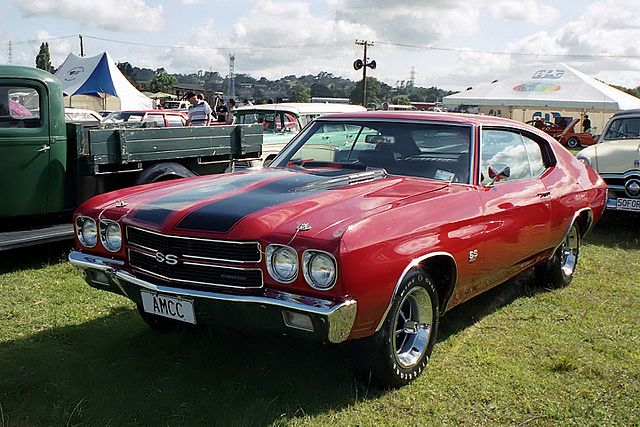
One of the biggest perks of buying at an auction is the potential for a well-documented vehicle. Check for maintenance records, ownership history, and original manuals. These details provide insight into the car’s past and can also impact its resale value down the line.
If documentation is scarce, proceed with caution. It doesn’t mean you’re necessarily buying a lemon, but a well-kept paper trail can offer peace of mind and help you gauge the car’s true worth.
Be Prepared for the Unexpected
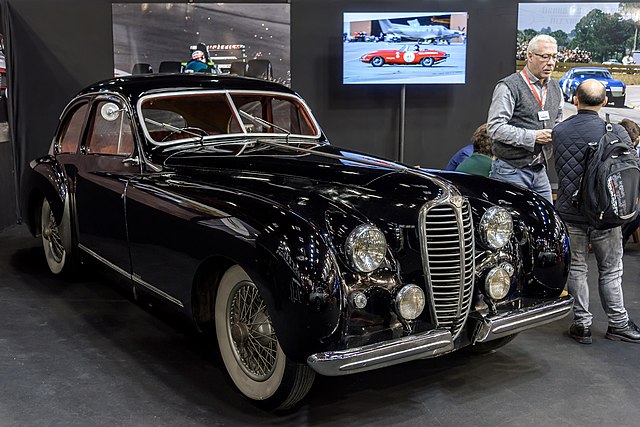
Auctions are unpredictable, and sometimes the car you’re eyeing goes for a price that’s simply out of reach. Have a backup plan in place. Scope out a few other vehicles that interest you—this way, you won’t leave disappointed if your first choice doesn’t pan out.
On the flip side, if you snag a surprise deal, be ready to act quickly. A nimble approach ensures you’re prepared no matter which way the auction winds blow, turning surprises into opportunities.
Enjoy the Experience
Finally, remember that classic car auctions are meant to be enjoyable. From the roar of engines to the thrill of a bidding war, it’s an experience unlike any other. Don’t let stress overshadow the joy of being part of the classic car community.
Whether you leave with your dream car or simply gain a wealth of knowledge, embrace every moment. After all, these auctions are about more than just buying cars—they’re about celebrating automotive history with fellow enthusiasts.
Conclusion
Classic car auctions are an incredible way to connect with the past, meet fellow aficionados, and (hopefully) drive off with a piece of automotive history. So, next time you’re gearing up for an auction, keep these nine tips in mind.
With a blend of preparation, patience, and a dash of boldness, you’re sure to make the most of the experience.
If you’ve got a story from the auction floor or a prized classic that found its way to you through an unexpected bid, we’d love to hear it! Share your tips, tales, or photos in the comments on Facebook—because every classic car has a story, and yours is worth sharing.
Related Articles:
